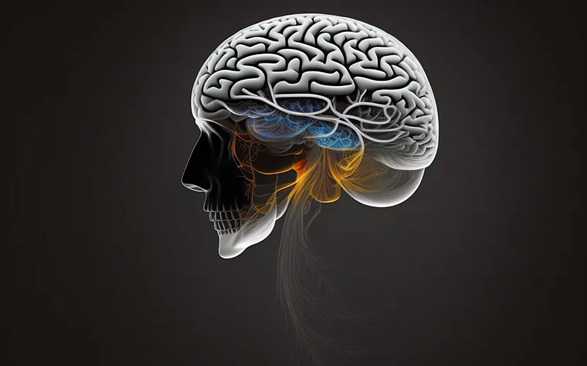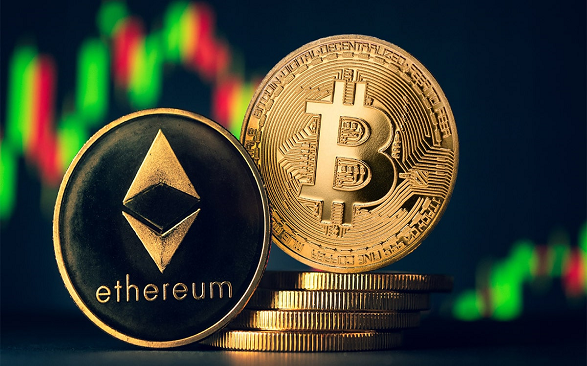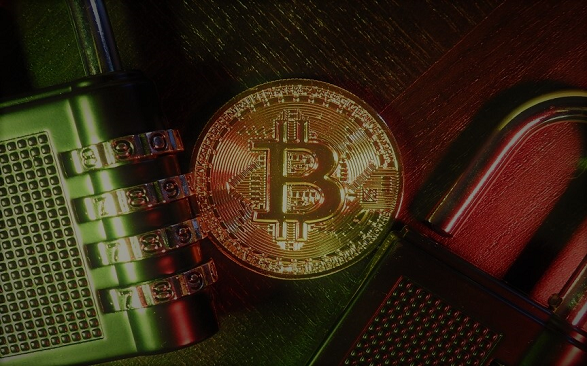In the rapidly evolving technological landscape, Africa, particularly Nigeria, stands at the precipice of a digital revolution fueled by the convergence of Blockchain Technology, Web3, and Artificial Intelligence (AI). This dynamic intersection of technologies is not merely a global trend but a crucial opportunity for Nigeria to assert its position as a leader in the Fourth Industrial Revolution (4IR). As the world heads toward a future defined by decentralized intelligence, it is imperative for Nigeria to harness these advancements, particularly in the wake of its recently launched National AI Policy and the National Blockchain Policy.
The Role of Blockchain in AI and Web3 for Nigeria
Blockchain technology has the potential to solve many of Nigeria’s critical challenges, including the issues of trust, transparency, and data manipulation in both the private and public sectors. In the context of AI and Web3, blockchain’s decentralized and secure framework offers a foundation for ensuring data integrity — a significant need in Nigeria’s data-driven sectors like finance, healthcare, education, and governance.
Blockchain’s role is especially significant in democratizing access to AI resources in Nigeria, a country where technological development has traditionally been concentrated among a small group of elites.
By leveraging decentralized networks, Nigeria can broaden participation in AI advancements across all sectors, including youth, SMEs, and underserved communities. This inclusive growth aligns perfectly with the aspirations set forth in Nigeria’s AI Policy to integrate cutting-edge technologies into national development strategies.
Web3 is the New Digital Frontier for Nigerian Entrepreneurs
Web3, built on blockchain, is shaping up to be the future of the internet. It offers Nigerians control over their digital identities and assets, which is critical as the country transitions into a digital-first economy. This decentralized internet infrastructure allows for new models of business, where ownership of data and content can reside in the hands of individuals rather than corporations.
In Nigeria, as we all know, youth entrepreneurship is booming, Web3 offers fertile ground for innovation and empowerment. Through tokenized economies, decentralized applications (dApps), NFTs, GameFi, and peer-to-peer marketplaces, young Nigerian innovators and developers can access global markets, raise capital, and build sustainable businesses free from traditional gatekeepers. In fact, NFTs offer unique opportunities for transgenerational wealth creation and transfer as we have never known, whether in the RWAs like Land, Fine Arts, Music, or Spoken-Word Poetry.
When combined with AI, Web3 could enable Nigerian developers to create more intelligent, scalable dApps that optimize processes, automate transactions, and enhance user experiences. For example, in the Nigerian fintech sector, AI-driven smart contracts can execute financial transactions based on real-time data, providing trustless, automated systems that enhance business efficiency and accountability.
Here are some notable blockchain and Web3 projects that are leveraging AI to drive innovation in the global technology space:
- The Graph- An indexing protocol that uses AI to help with data querying and indexing across various blockchains, making it easier for developers to access and utilize blockchain data.
- Fetch.ai- A decentralized platform that integrates AI to create autonomous economic agents, enabling complex coordination tasks and optimizing resource allocation in digital ecosystems.
- Qtum- A blockchain platform that has integrated AI capabilities, such as the Qtum Qurator for AI image generation and Qtum Solstice for chatbot functionalities, leveraging decentralized networks for AI processing.
- Nosana- A project focused on decentralizing AI workloads by providing a network for accessing GPU computing power, allowing users to run AI models like LLama 2 and Stable Diffusion at scale.
- GameSwift- A Web3 gaming project that integrates AI agents from Fetch.ai to enhance gaming experiences and automate in-game processes.
- Athene Network- A Layer 2 solution for Ethereum that incorporates AI to improve scalability and user experience, with a focus on integrating AI-driven functionalities into decentralized applications.
Nigeria’s Challenges and Opportunities in the Decentralized Intelligence Era
While this convergence presents a multitude of opportunities, there are significant challenges that Nigeria must address to fully embrace the decentralized intelligence revolution. Scalability remains a pressing issue. The adoption of layer-2 solutions like rollups and proof-of-stake mechanisms could help Nigeria overcome limitations of blockchain scalability while also reducing energy consumption.
Moreover, Nigeria’s regulatory frameworks need to evolve to foster an environment where decentralized technologies can thrive. The National AI Policy, and the National Blockchain Policy, provide strong foundations, but further collaboration between regulators, the Central Bank of Nigeria (CBN), and industry stakeholders is crucial to create guidelines that balance innovation with consumer protection and ethical use of these technologies.
The Future of Decentralized Intelligence in Nigeria
The future of Decentralized Intelligence in Nigeria is poised to reshape industries such as agriculture, energy, finance, land management, and education. For example, blockchain-based supply chains could enhance transparency and efficiency in agriculture, ensuring that farmers get fair compensation and helping to stabilize food prices. In finance, decentralized finance (DeFi) platforms will provide greater financial inclusion for the unbanked population, while AI will revolutionize customer service, risk management, and fraud detection across all industries. In Land registry and management, we are already seeing Sytemap by House Africa innovating and tokenizing real estate in a manner that unlocks millions of dollars in assets.
Nigeria’s youth demographic, which is one of the largest in the world, stands to gain the most from these developments. By skilling up in blockchain, AI, and Web3, young Nigerians can develop homegrown solutions to address some of the country’s biggest challenges — ranging from corruption to financial inclusion — while also competing on the global stage.

The Road Ahead for Nigeria
As we prepare for the Decentralized Intelligence v-2 Conference 2024, the narrative of AI, blockchain, and Web3 in shaping Nigeria’s future will take center stage. Nigeria is at a crucial junction, with a golden opportunity to harness these technologies to lift millions of Nigerians out of poverty, drive socioeconomic growth, and position itself as a leading technology hub in Africa.
The recently launched National AI Policy and Nigeria’s National Blockchain Policy (an initiative powered by the National Agency For Technology Development (NITDA, which is chaired by yours truly) are commendable steps, but Nigeria must go further. We must embrace the decentralized future with pragmatic implementation, capacity building, and investment in infrastructure to truly stay ahead of the curve. By doing so, Nigeria will not just participate in the global digital revolution but will lead it. We must acknowledge and applaud the efforts of the Honorable Minister of Communication, Innovation, and Digital Economy, Mr. Bosun Tijani, and of the Director General of NITDA, Kashifu Inuwa Abdullahi, CCIE, for their efforts in driving these initiatives.
As the Decentralized Intelligence Conference unfolds in October 2024, this event will serve as a platform for Nigeria’s tech ecosystem to engage, innovate, and collaborate on how to integrate these transformative technologies into the fabric of Nigerian society. The possibilities are endless, and the time to act is now.
Together, let’s unlock Nigeria’s decentralized future!
Credit: This article was first published by the author on his Medium page and republished on CAB with the author’s permission.
About the Author
Founder, Blockchain Nigeria User Group (BNUG); BOT Board Chairman, Blockchain Experts Association of Nigeria (BEAN); Vice Chairman, Blockchain Industry Coordinating Committee of Nigeria (BICCON); CEO, BlockSpace Technologies Innovation Hub; Chairman, Nigeria National Blockchain Policy Implementation Steering Committee (NBP-SC).
Discover more from Crypto Asset Buyer
Subscribe to get the latest posts sent to your email.





